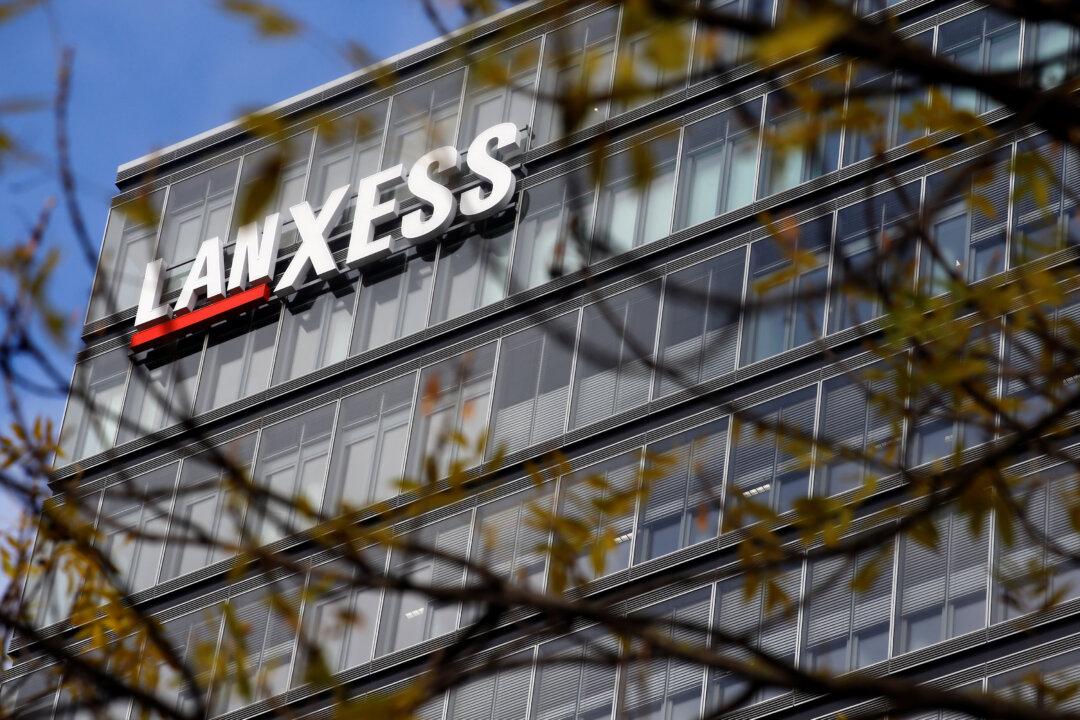COLOGNE, Germany—German prosecutors are pressing criminal charges against a former employee of chemicals maker Lanxess for allegedly stealing trade secrets to set up a Chinese copycat chemical reactor.
The case underscores fears among German officials and executives about industrial espionage in Europe’s largest manufacturing nation.





